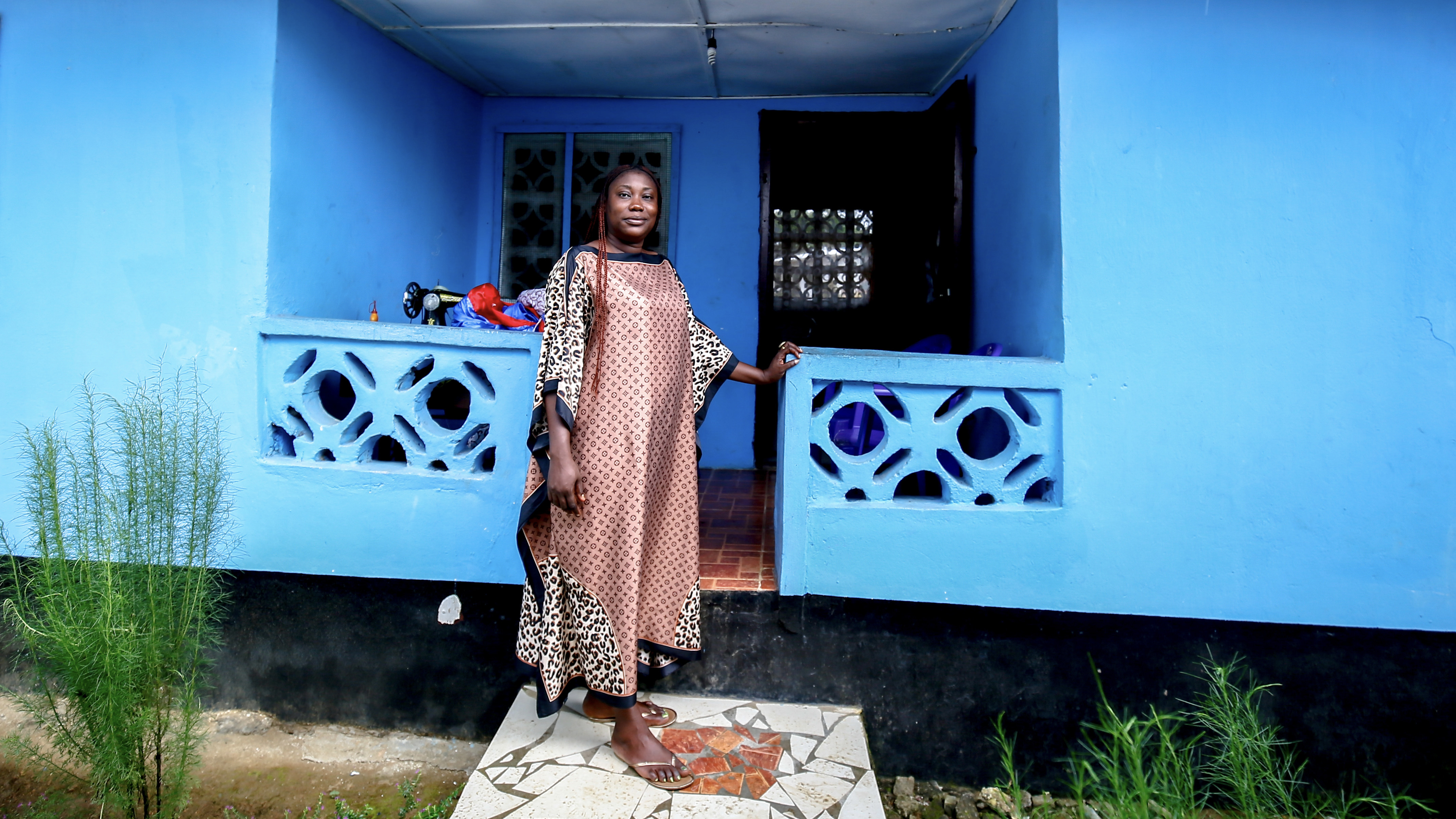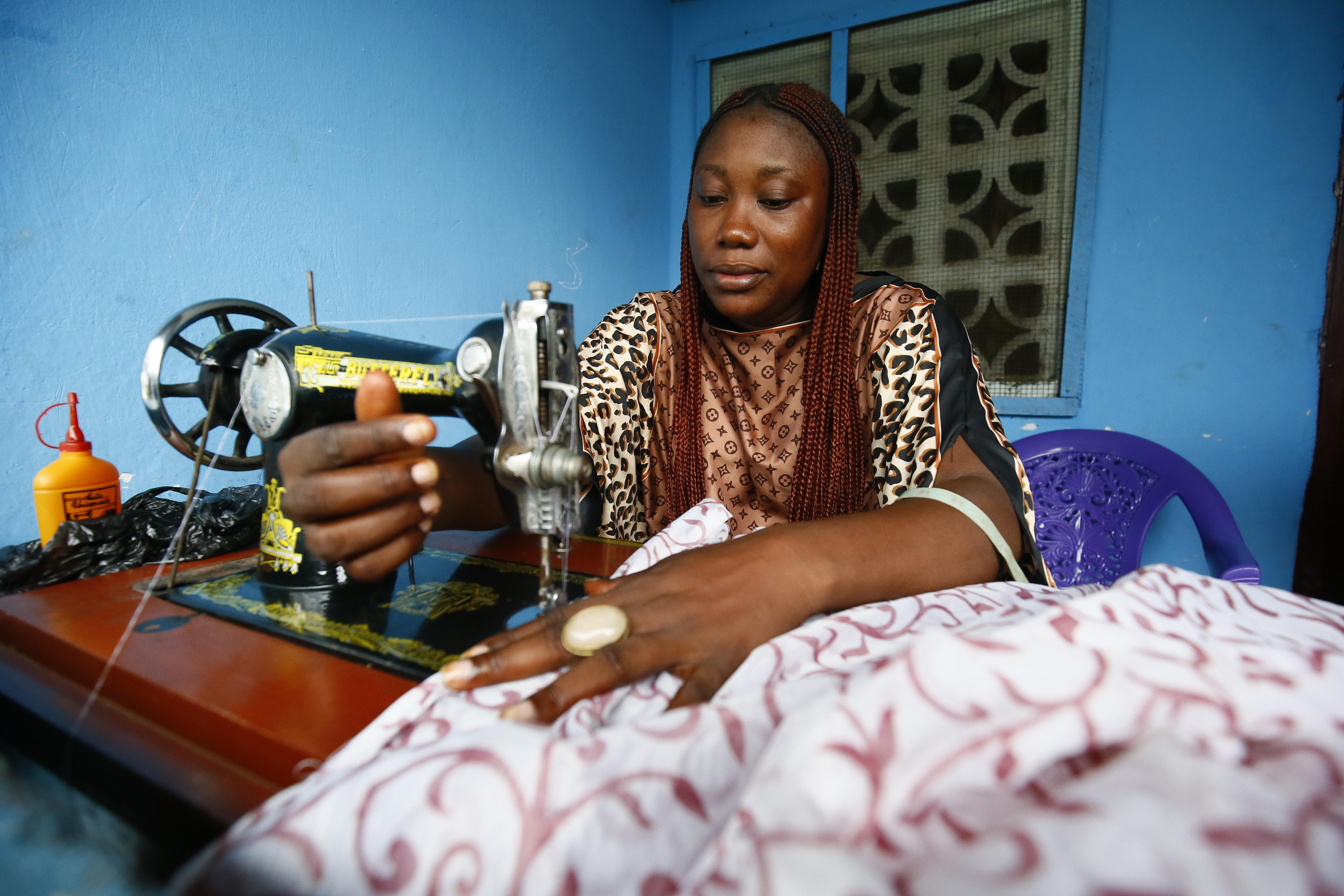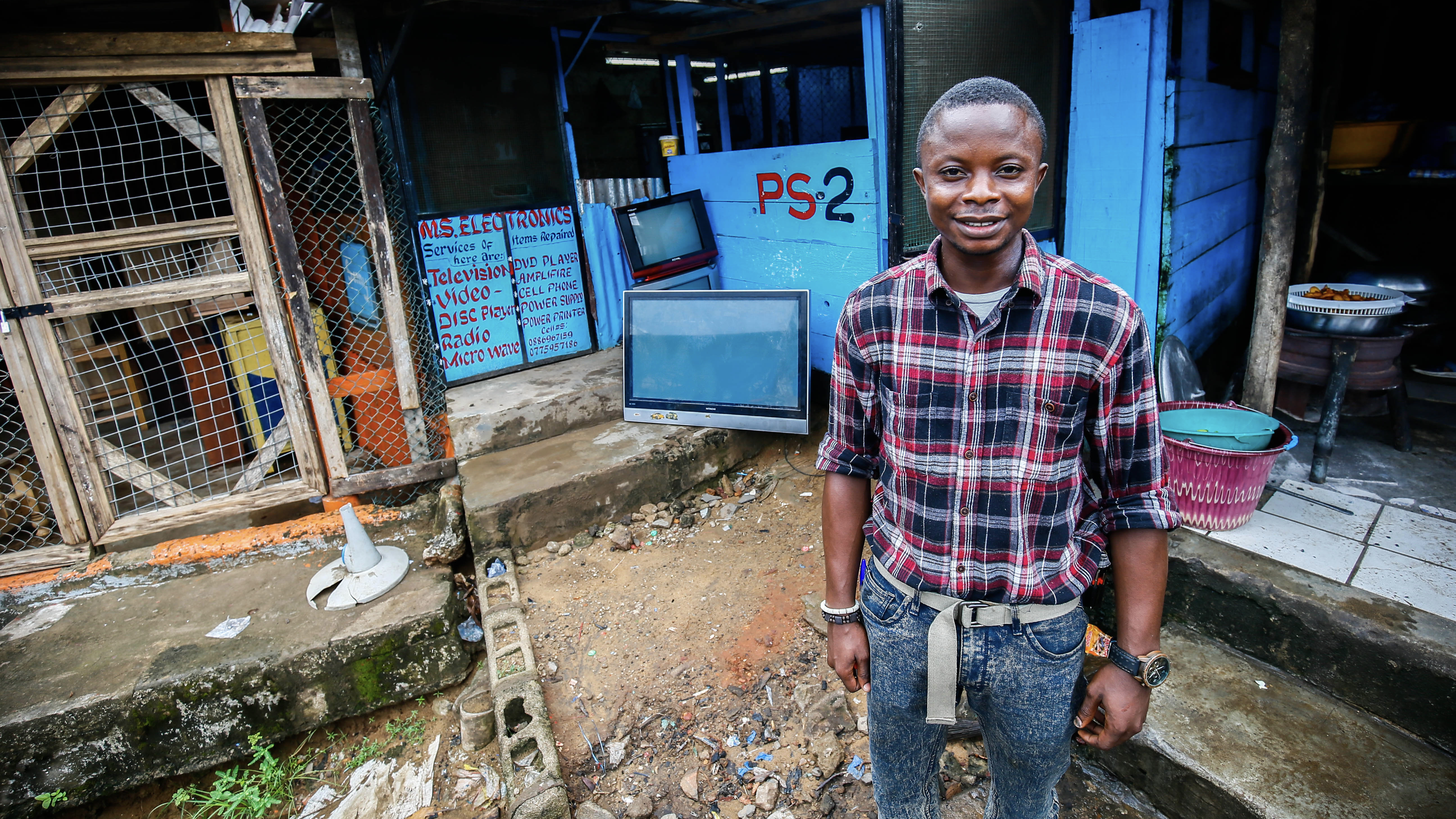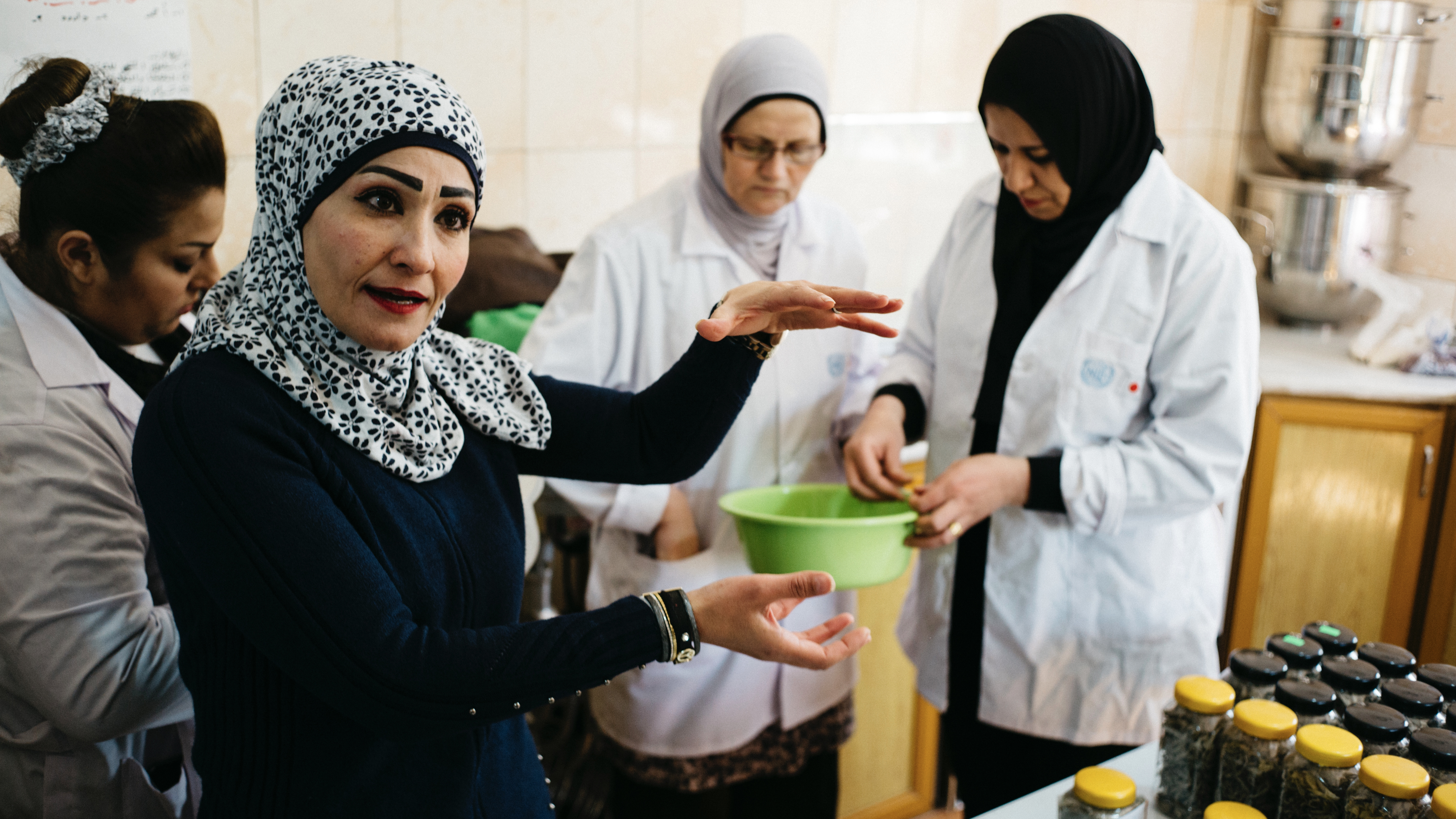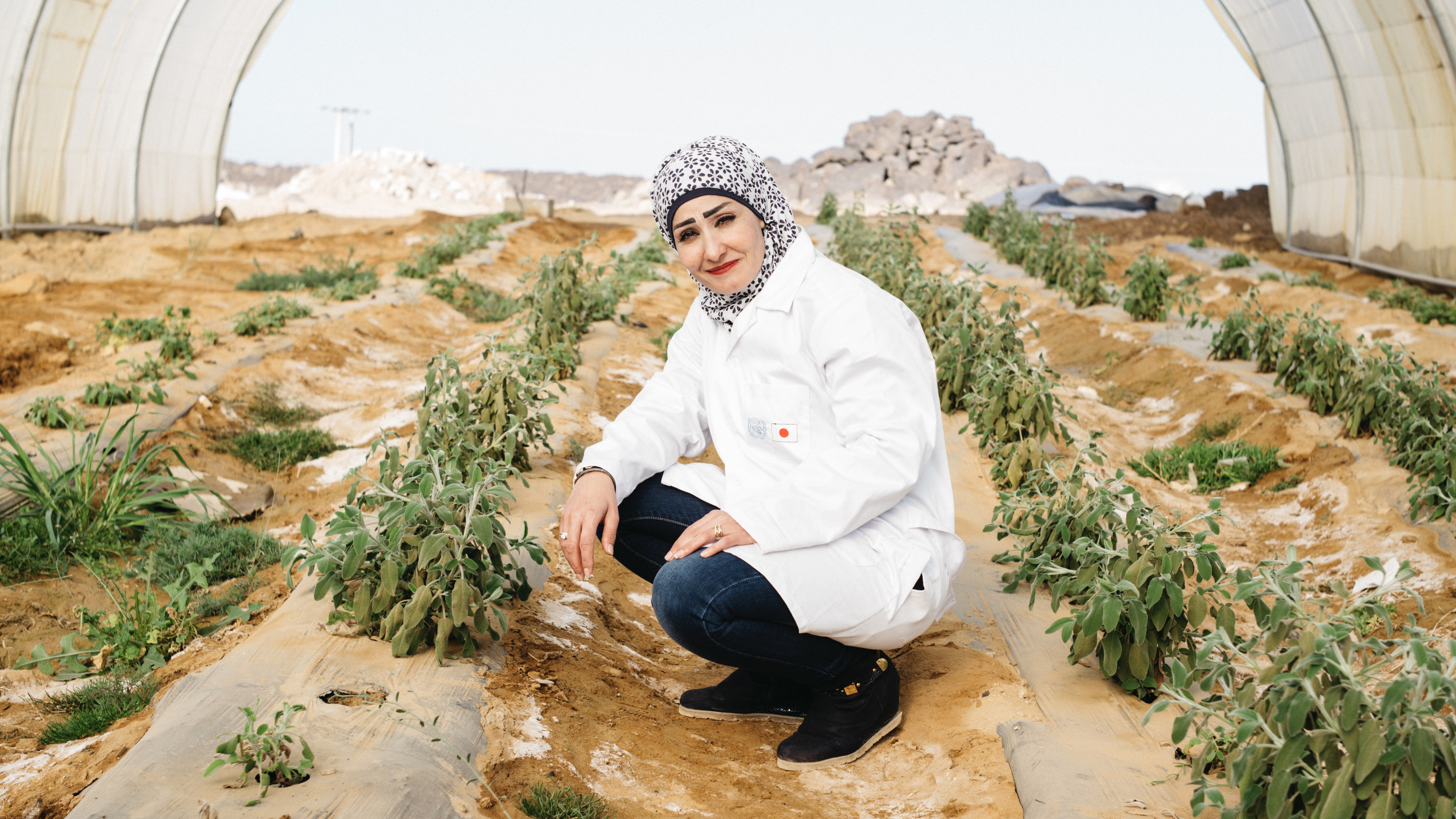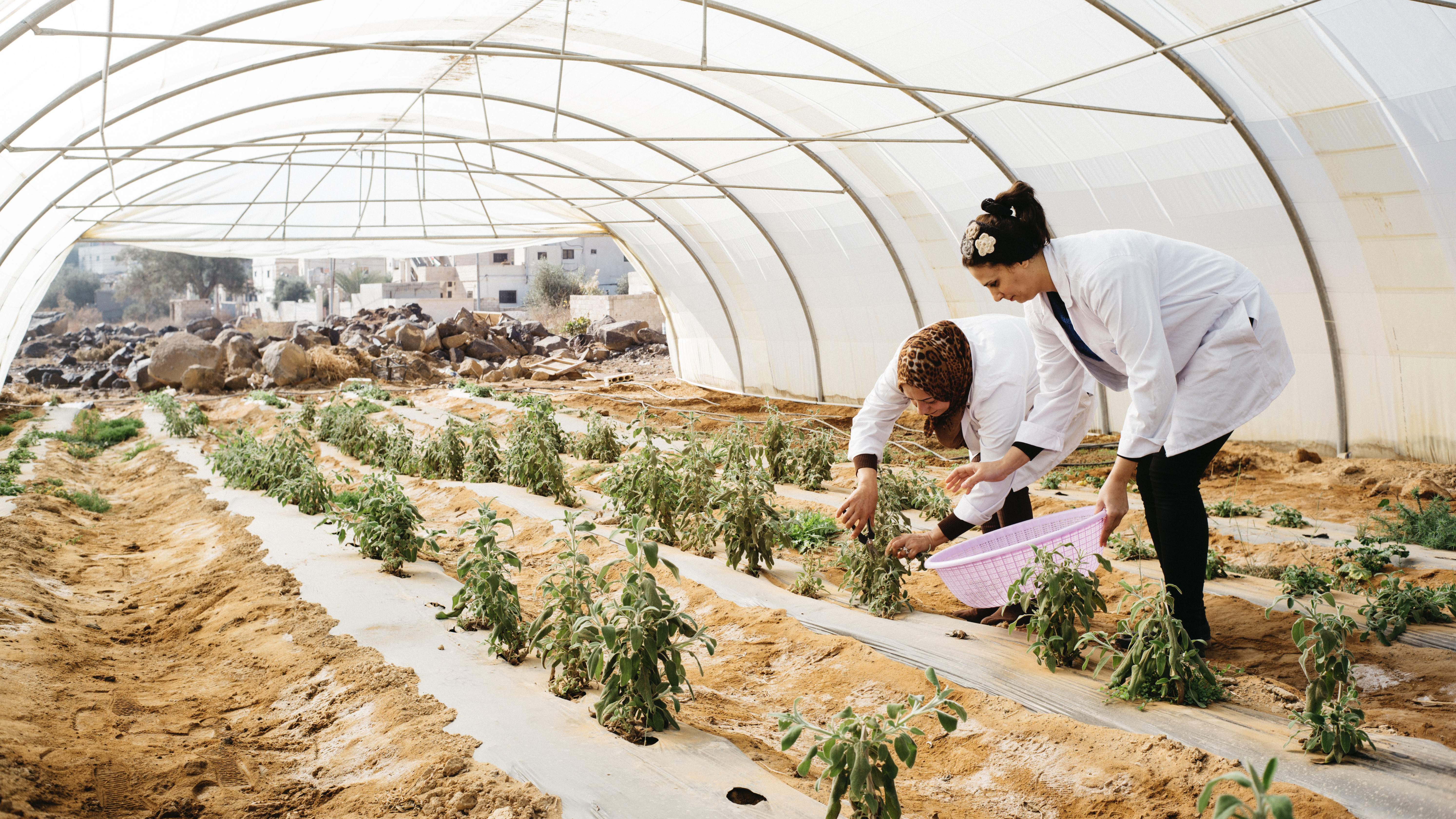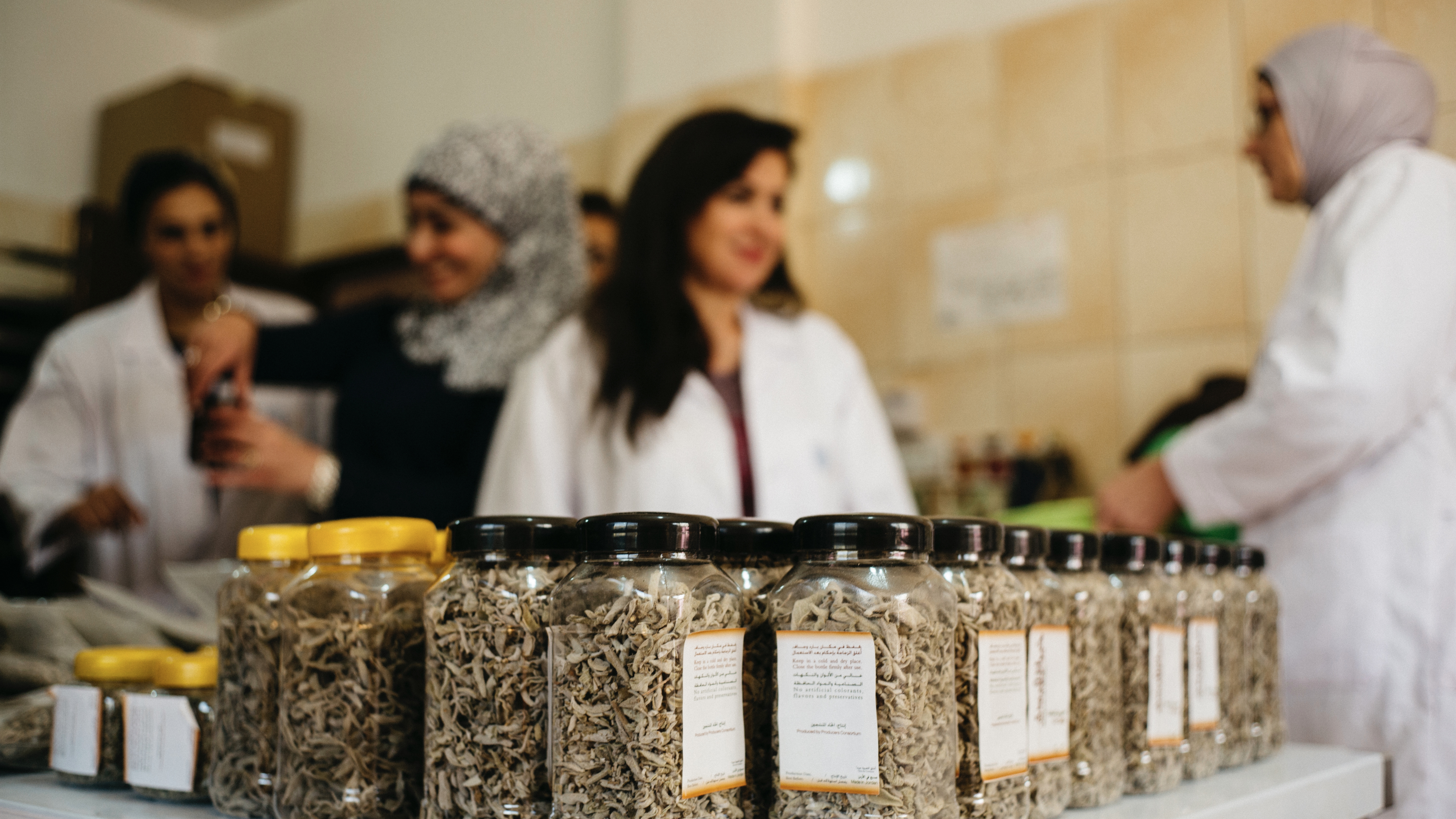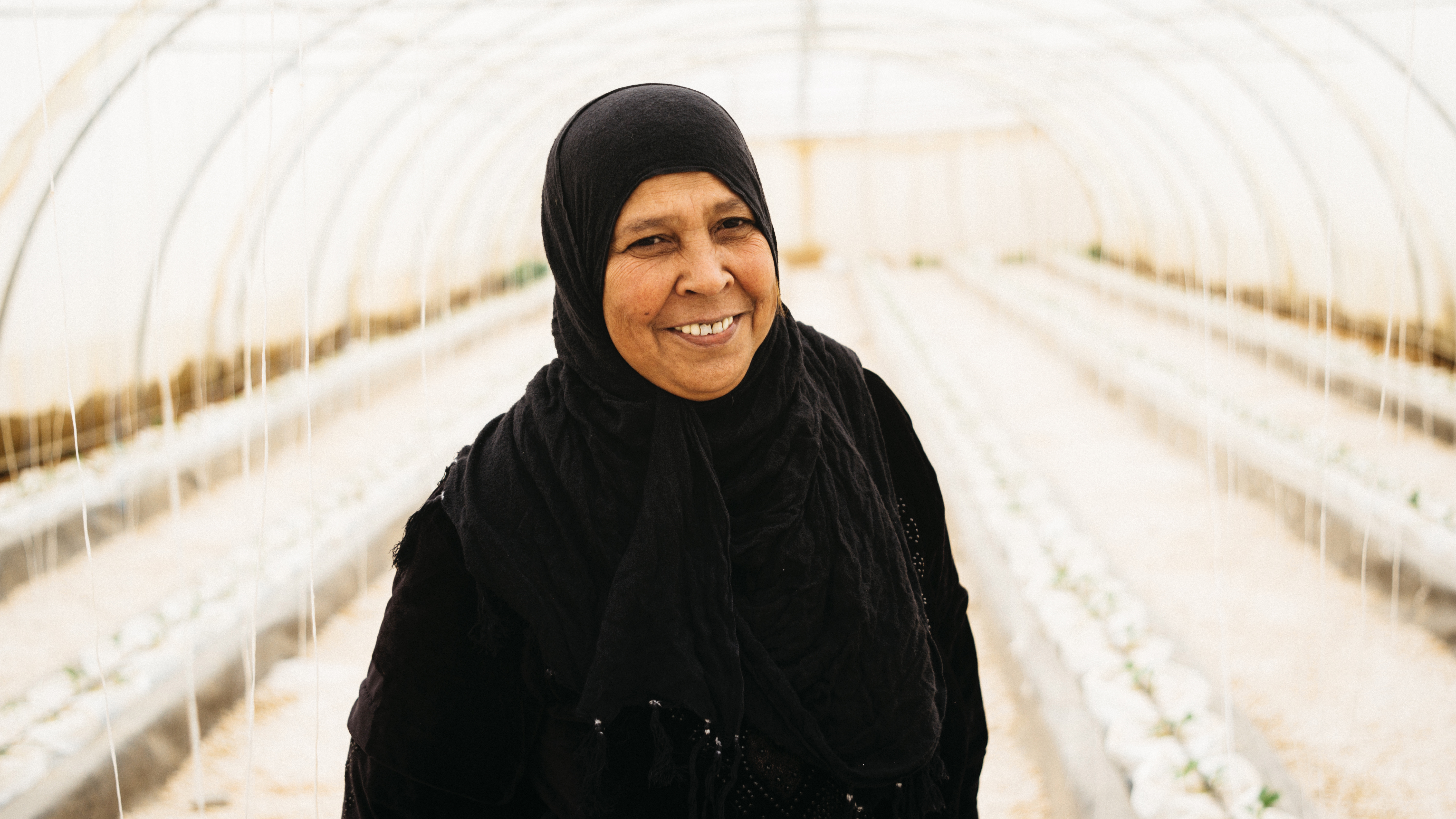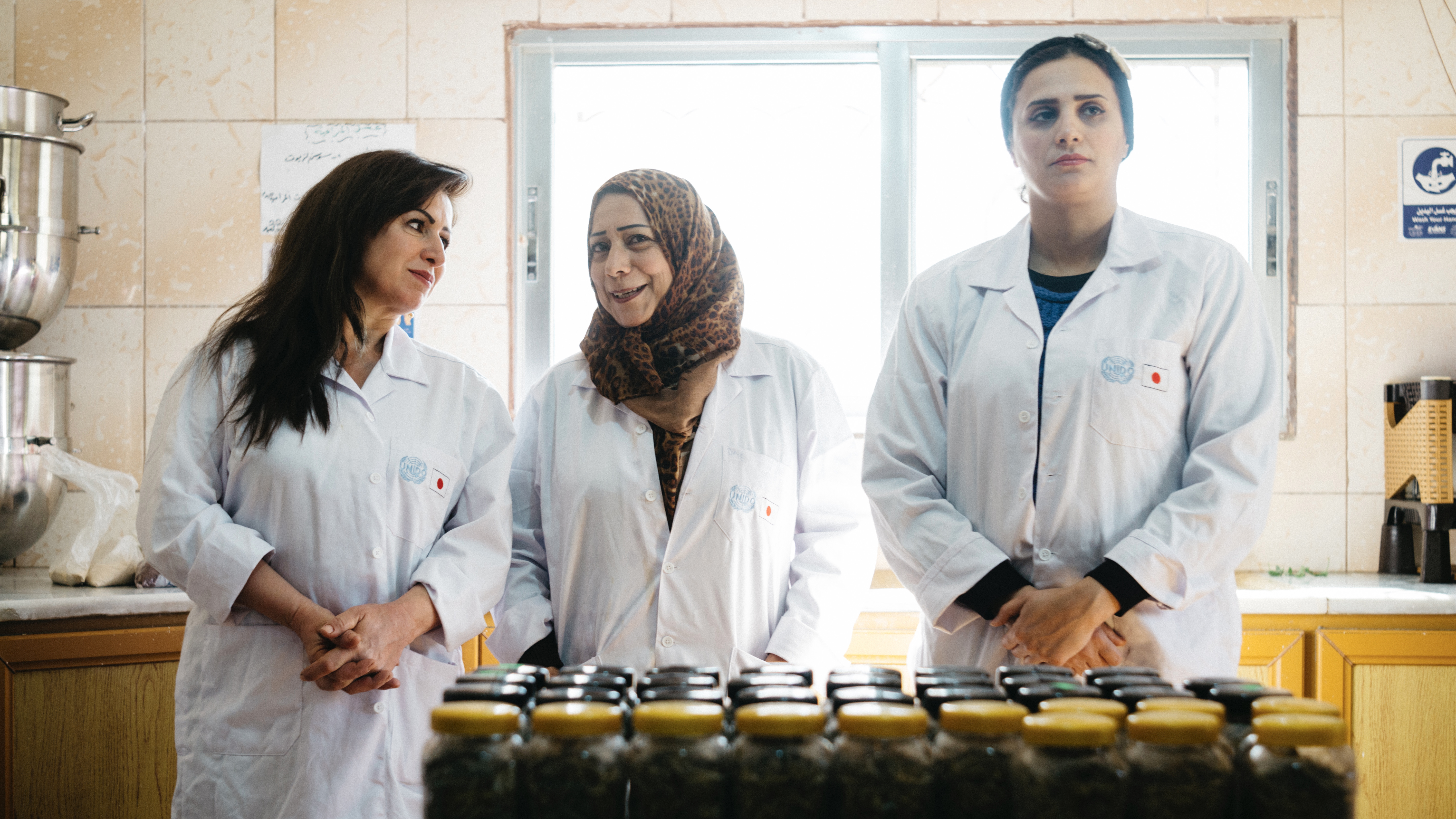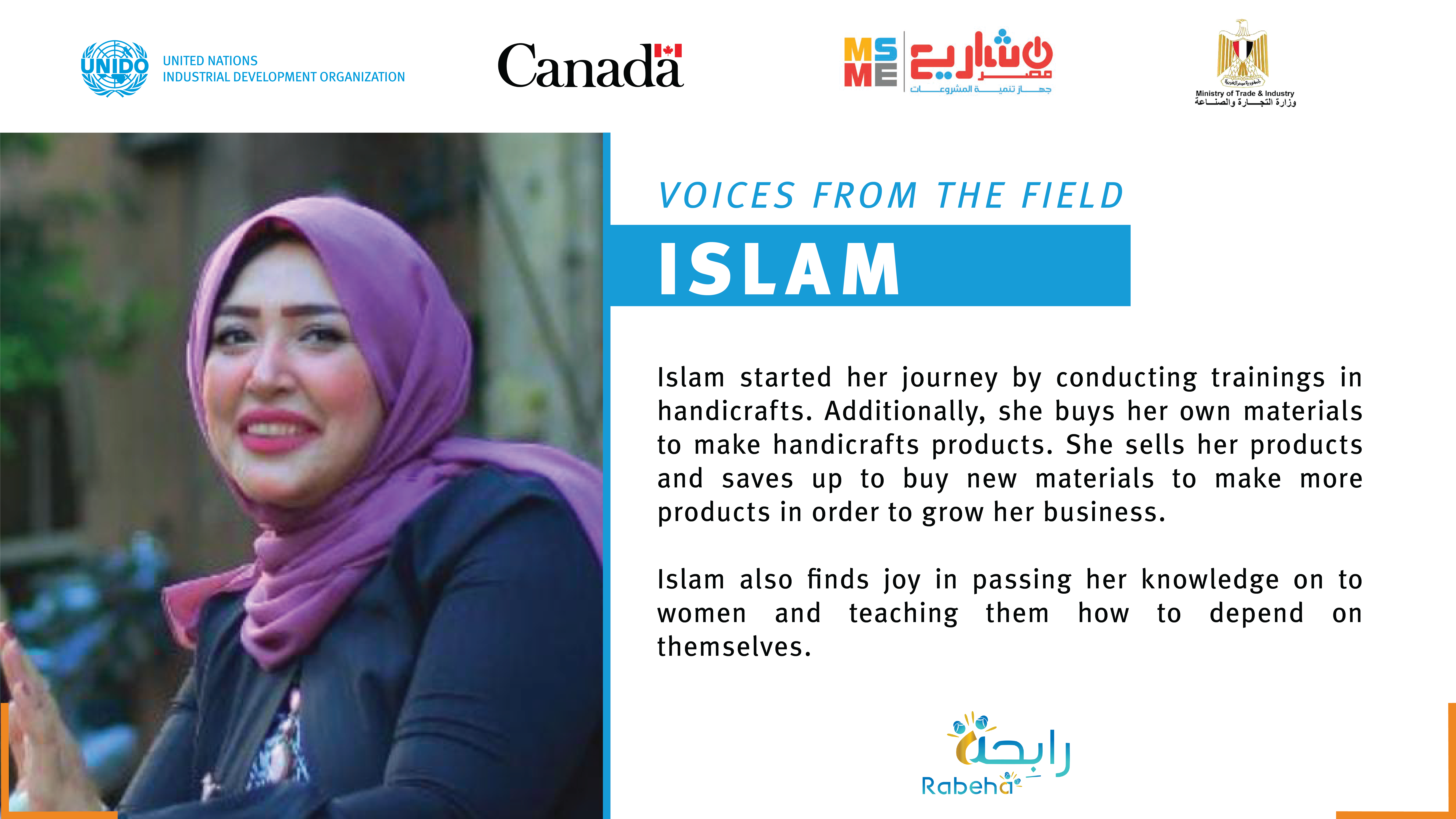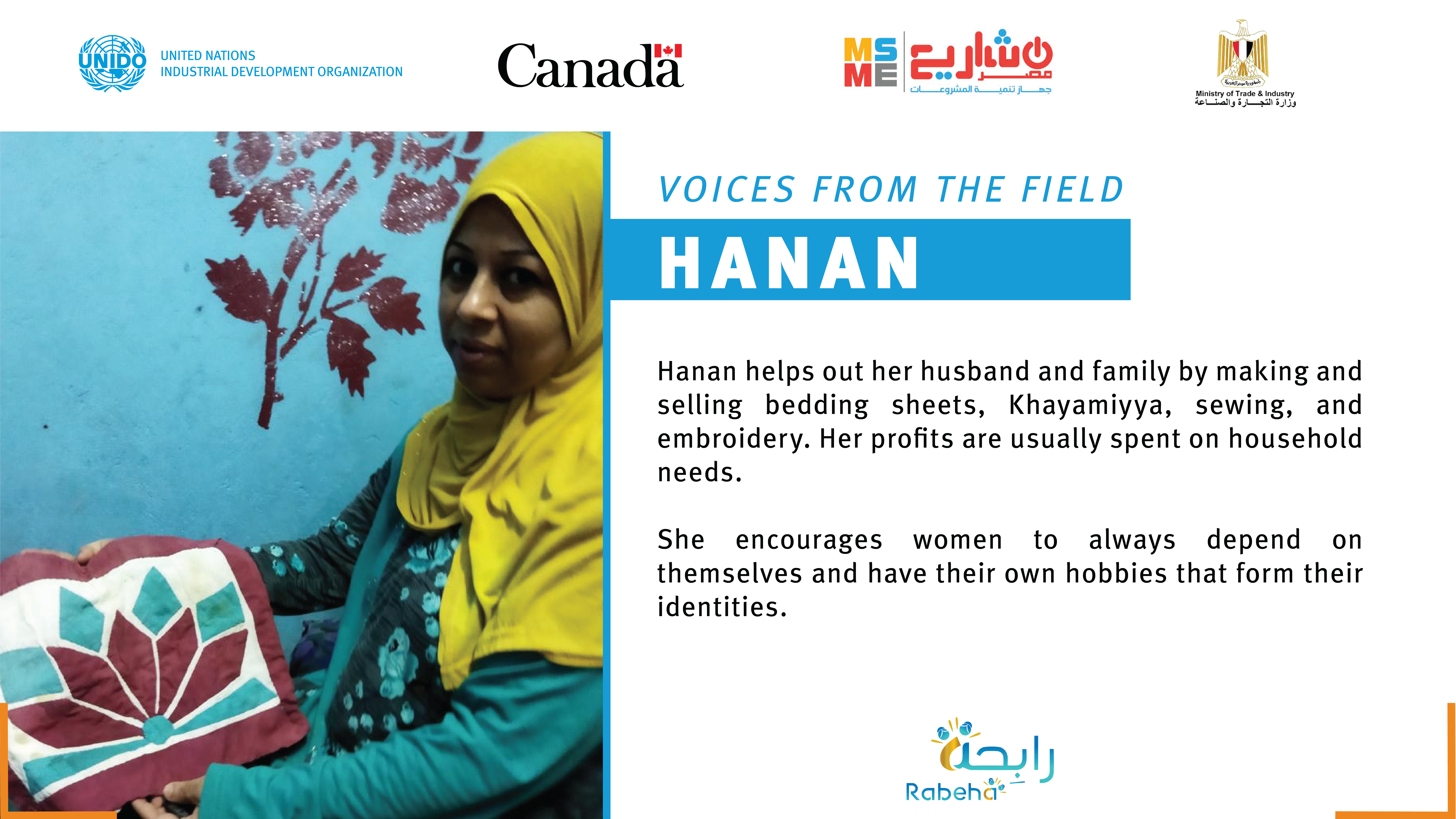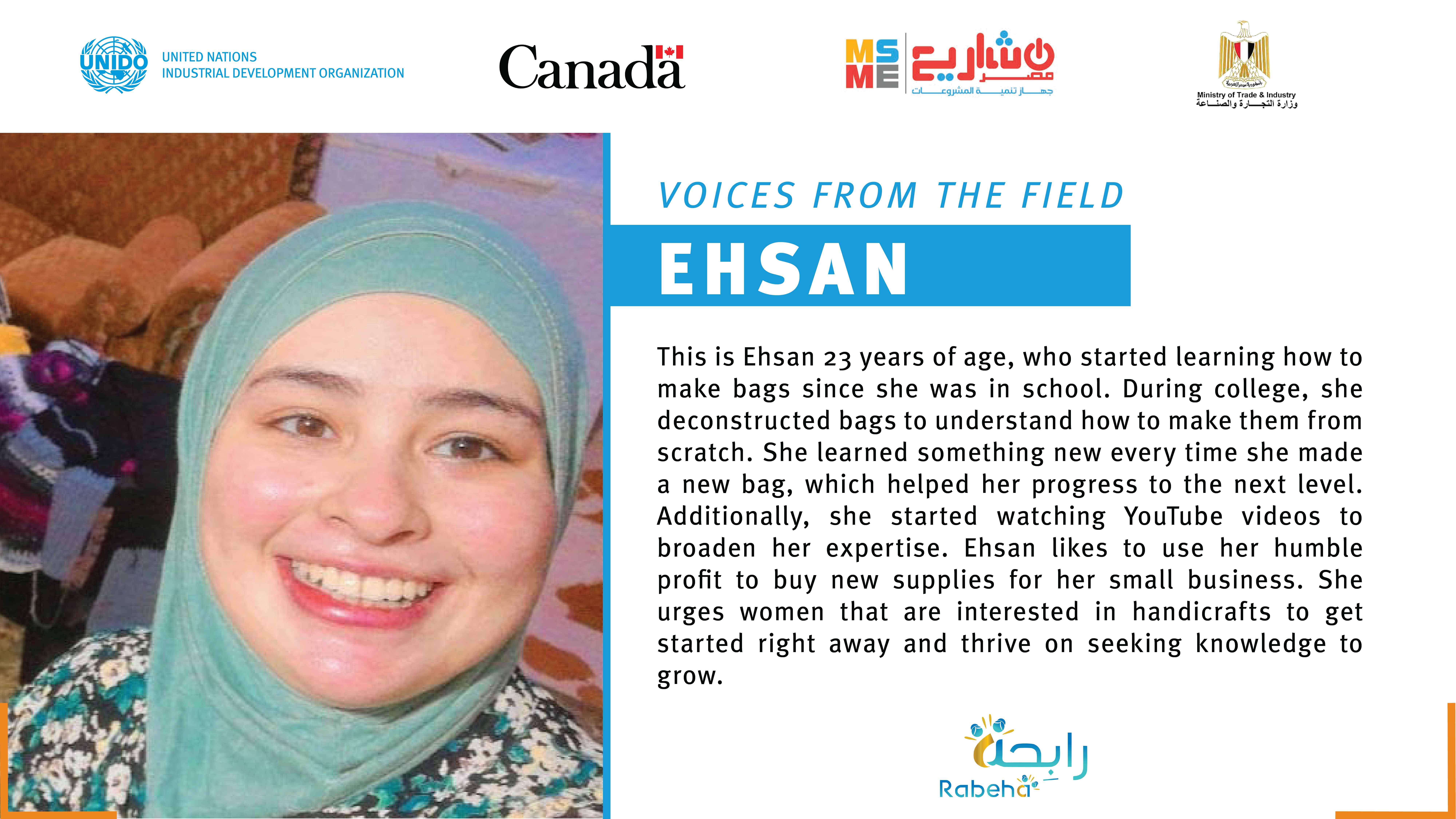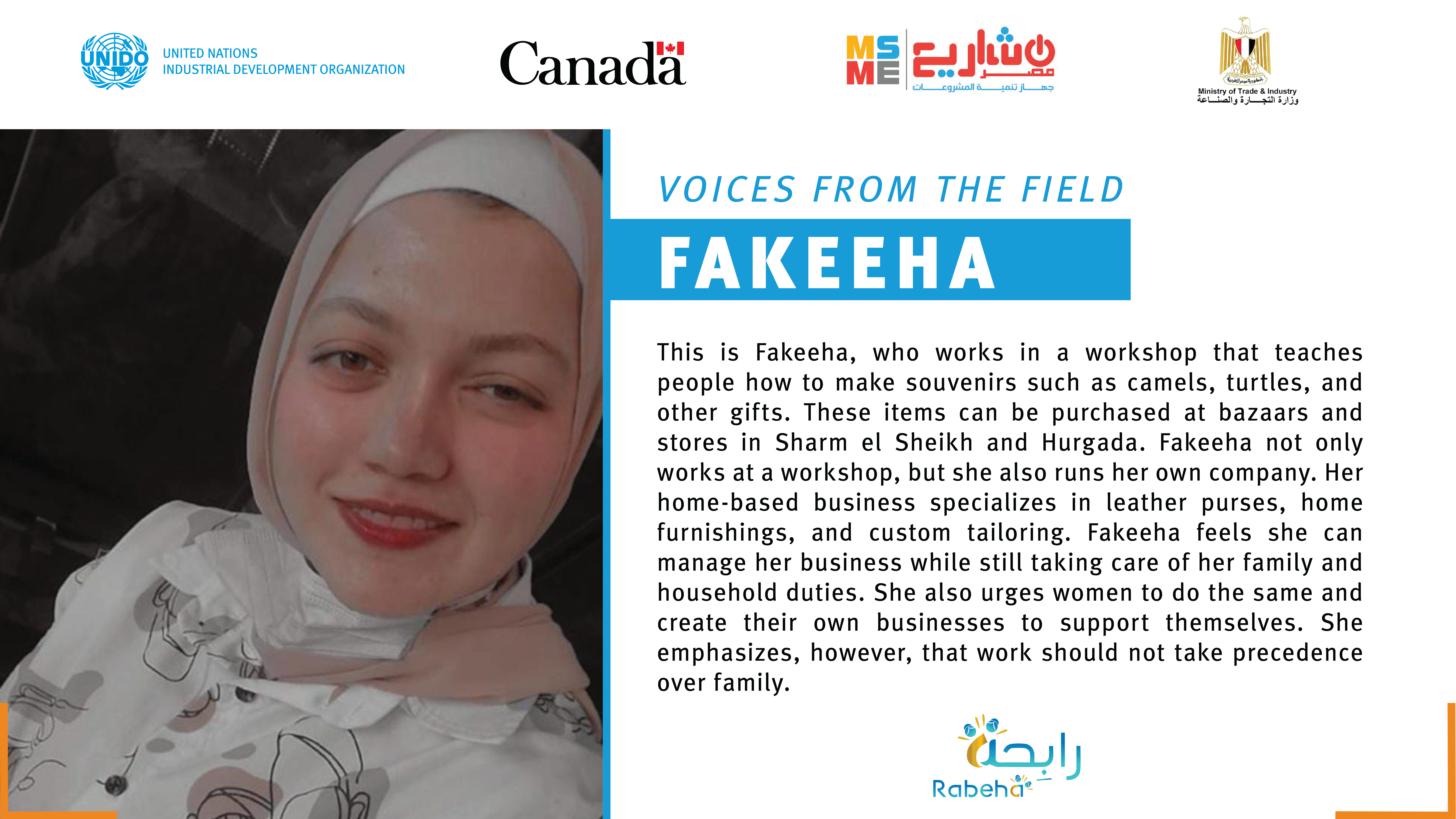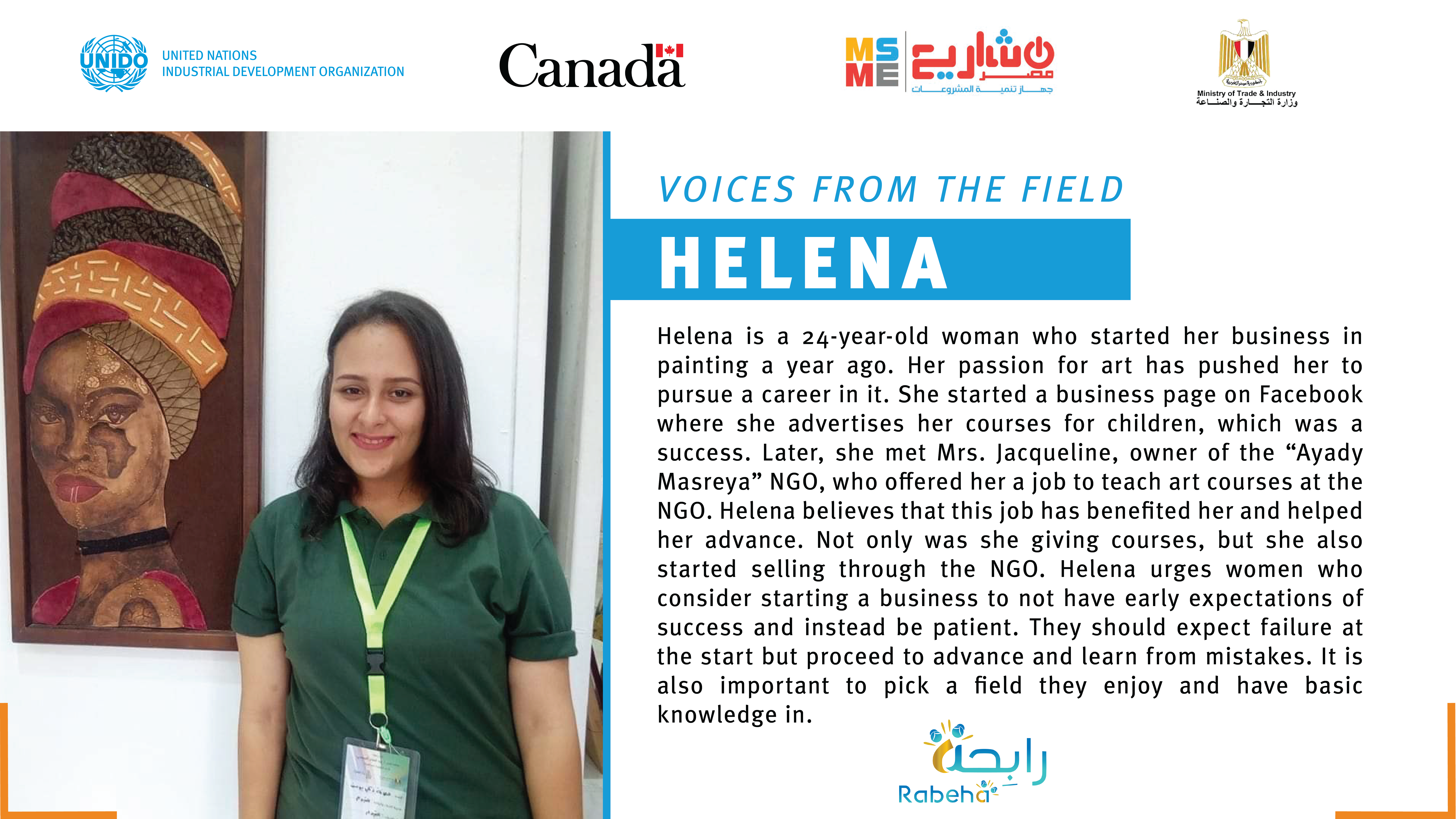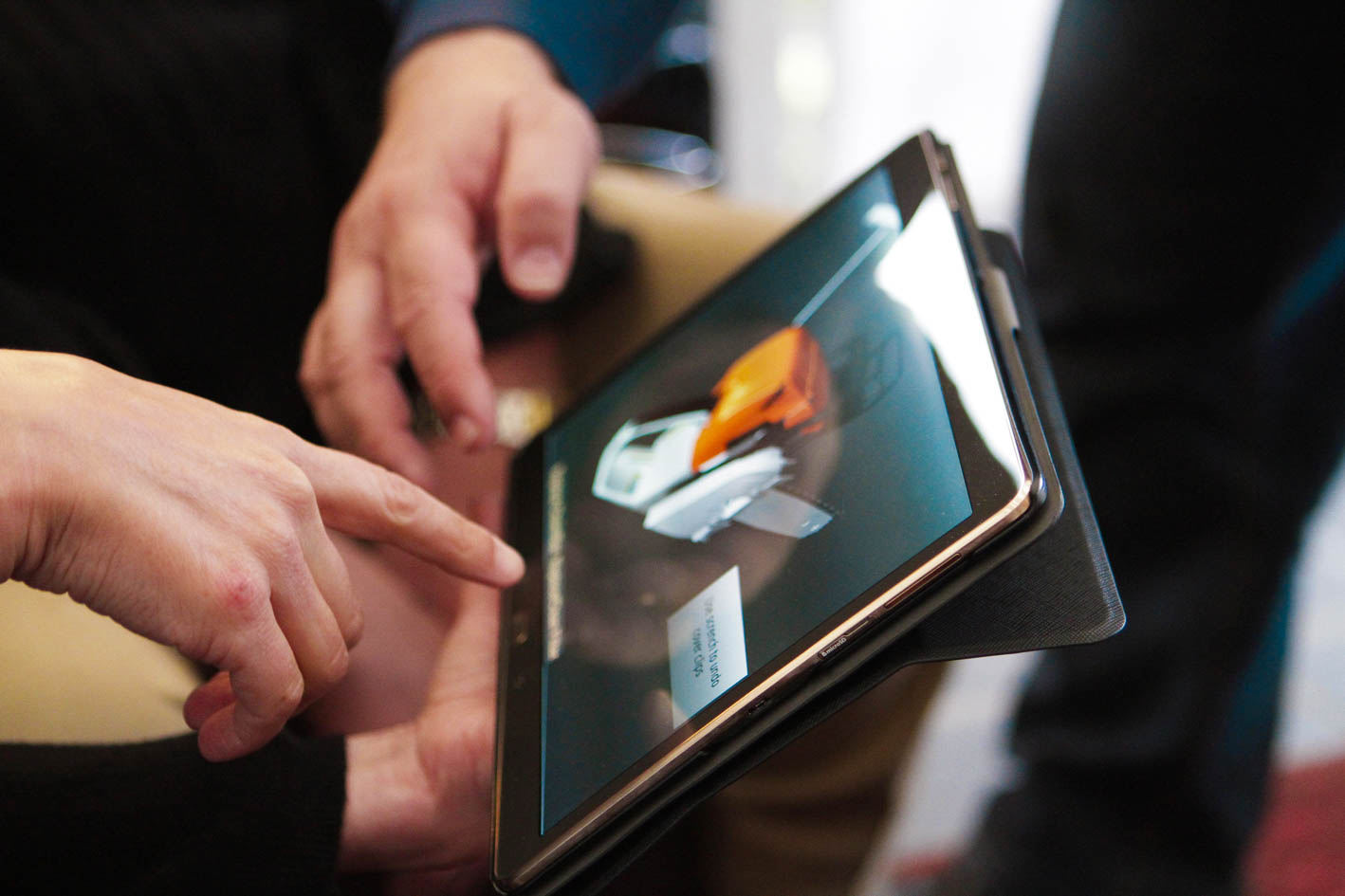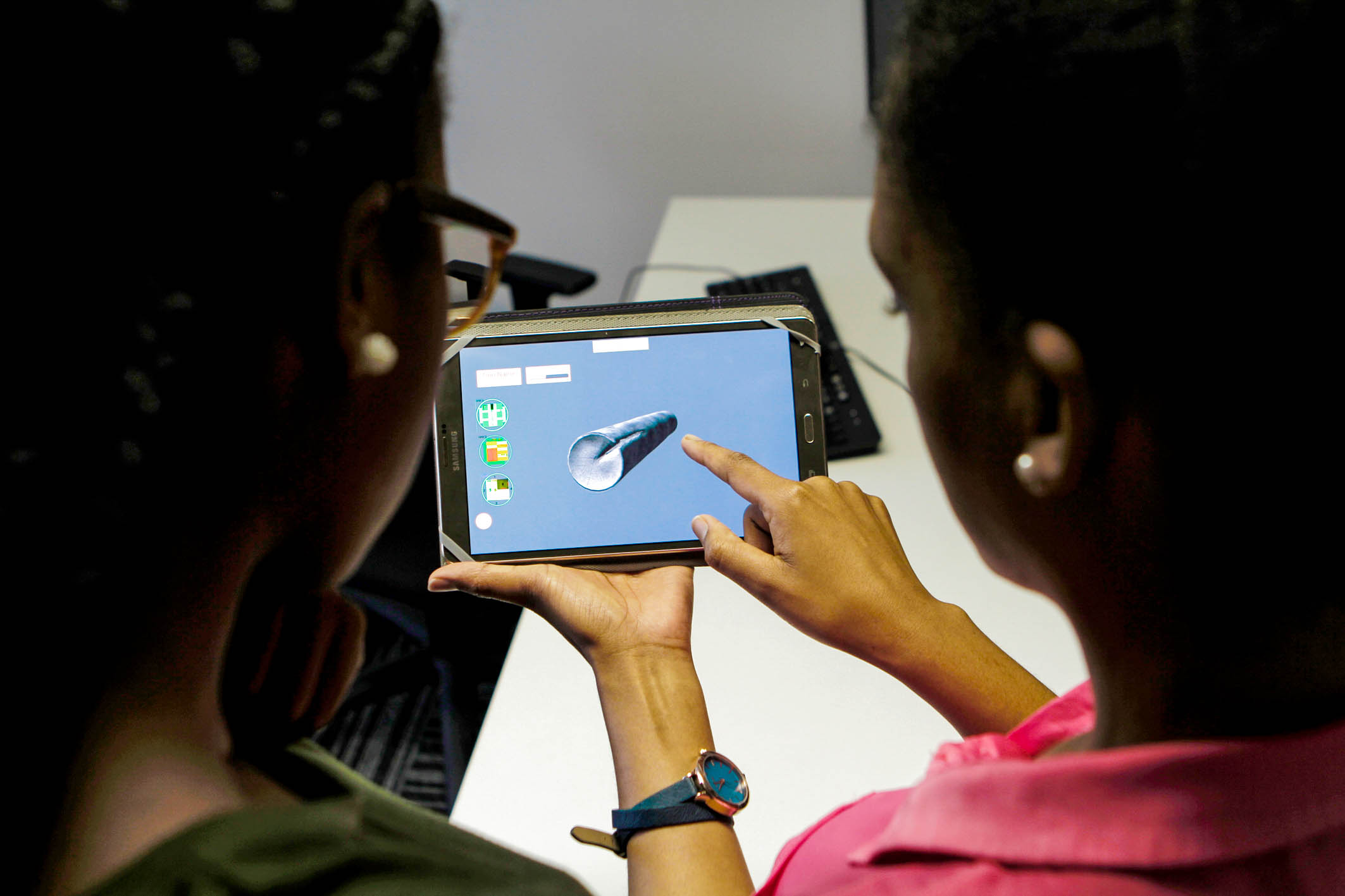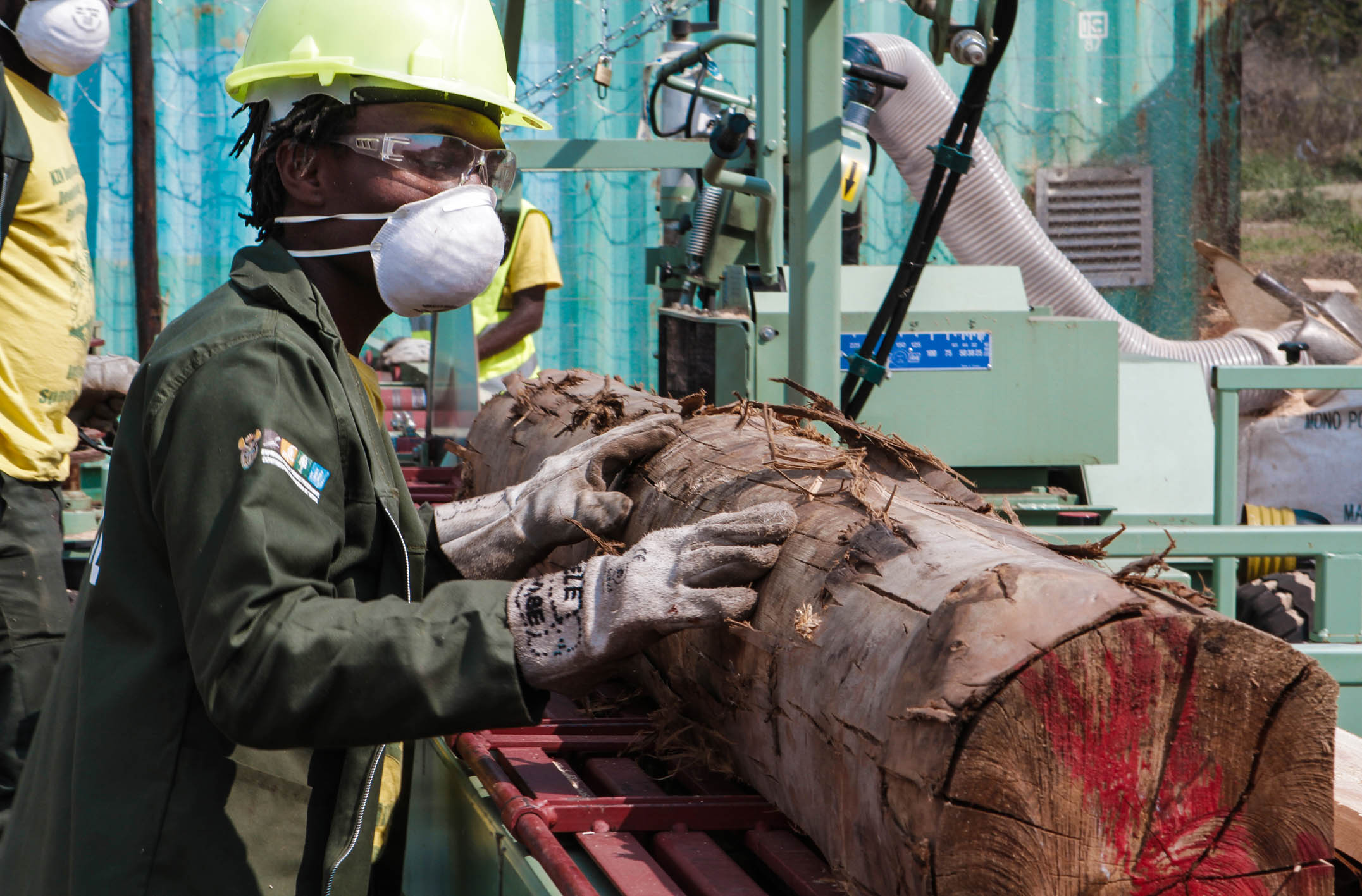Demand for natural and organic cosmetics is booming. Consumers are increasingly aware of the ingredients they put on their skin and want to know how cosmetics are made and by whom. In Europe alone, sales of natural and organic cosmetics have grown at an average of over 7% per year over the past five years and are expected to reach 5 billion euros by 2023.
Tunisia is witnessing significant growth of the natural cosmetics sector and its role in socio-economic development. Over 1,000 hectares are dedicated to the cultivation of medicinal and aromatic plants. There are 187 non-toxic aromatic and medicinal plant species, of which 80 are grown intensively. The country is currently the world's leading exporter of neroli and the second largest exporter of rosemary oil. Exports of prickly pear seed oil also recorded a clear upward trend during 2020, despite the global economic crisis.
To enhance knowledge sharing and strengthen market access for young entrepreneurs in the natural cosmetics sector, two projects implemented by the United Nations Industrial Development Organizaton (UNIDO) in Tunisia have joined forces.
Mashrou3i, which fosters youth entrepreneurship in Tunisia, combines UNIDO’s on-the-ground experience supporting beneficiaries in the creation and growth of small businesses, its working relationships with Tunisian partner organizations, and HP’s Learning Initiative for Entrepreneurs (HP LIFE) programme, which consists of free online courses covering basic business, IT and entrepreneurship skills.
The UNIDO-SECO Project for Market Access of Typical Agrofood Products (PAMPAT) focuses on the development of agro-industrial value chains, the promotion of origin-linked quality labels, and the implementation of a collective communication and marketing plan in order to ensure sales of regional products both on national and international markets.

Safa Ayari, a young entrepreneur from Kef, is one example of those benefiting from collaboration between Mashrou3i and the PAMPAT project.
As natural beauty continues to transform the global beauty industry, prickly pear seed oil has become a highly sought-after skincare ingredient. Grown in several regions of Tunisia, its anti-inflammatory, antioxidant, and anti-aging properties are driving popularity of this thorny fruit.
In 2021, with the support of business coaching from Mashrou3i, Ayari launched a cosmetics brand specializing in prickly pear seed oil.
To help position Tunisia as a lead country for the production of prickly pear seed oil, the PAMPAT project has carried out clinical trials and developed national norms and standards with the Institut National de la Normalisation et de la Propriete Industrielle (INNOPRI) to guarantee quality.
After graduating in agronomy, Ayari studied the benefits of plants for the body and health. Rather than generalizing in the production of cosmetics, she chose to focus on a niche product that she considered to be a precursor in the natural cosmetics sector and with great potential in Tunisia thanks to its abundance and ease of access on the territory.
“Prickly pear seed oil has enormous potential in the cosmetics sector. It is very much in demand for its anti-wrinkle benefits. In Tunisia and internationally, prickly pear oil is now considered an elixir of youth.”
Ayari started her entrepreneurial journey through the Agripreneur 2.0 project, before gradually launching her production. When she joined the Mashrou3i’s support programme for start-ups, she was coached by experts who identified her needs and then helped her to draw up her company’s legal status.
In 2021, Ayari benefited from an intensive 20-day training course through Mashrou3i, during which she learned how to produce natural cosmetics, saponification techniques, and the extraction of essential oils, including prickly pear oil.
“This training has helped me a lot. I learned all the techniques of extraction of essential and vegetable oils, and filled gaps I had in my skills. Through this training, I received personalized coaching and, thanks to that, today I am able to offer a better-quality product.”
As an agronomist, the ambitious entrepreneur has also developed her brand with products and food supplements such as draining drinks, prickly pear seed powder and jellies, which she presents at some specialized trade fairs and on social networks.
“For the moment, I market all my products through social networks. This allows me to reach a wider category of consumers in other regions of Tunisia. I send my products today from the south to the north of the country.”
Currently, the young entrepreneur is trying to develop her business through the purchase of oil processing and production machines in order to increase her productivity. This will also allow her to create new permanent jobs, in addition to the seasonal jobs she already has for the collection and processing of prickly pears.
In the framework of a joint work between the UNIDO-implemented projects, Ayari will also receive training and support on her integration into the prickly pear value chain as part of the second phase of the PAMPAT project.
Extracted from Mashrou3i in Focus: Natural Cosmetics, August 2021
